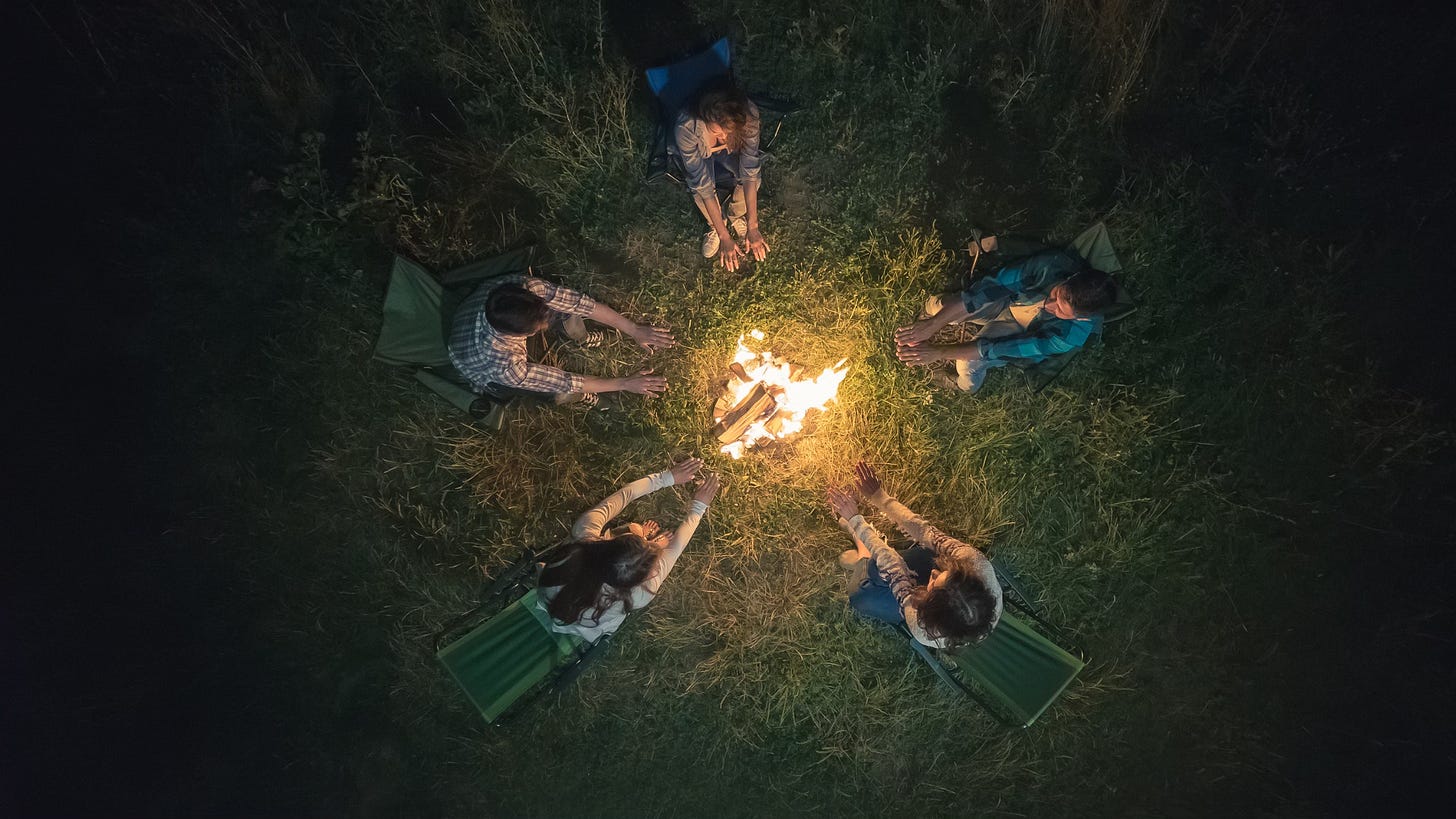The list of poets
a memory from my journals
The summer before my senior year of high school, my mother asked me if I would like to attend a week long poetry conference at the college. I looked at the materials she brought home and saw that I didn’t meet the age requirement.
“I’m going to ask him to let you in,” she said, meaning the organizer of the event, a friend of hers.
“He said you could come,” she said a few days later and I could tell by her tone of voice that he didn’t want me there but was acquiescing to her request. She handed me a folder.
I don’t remember the other attendees. They were college students, I guess. I don’t remember much about the workshops and lectures but I remember the feeling of being awash in words, and I remember the keynote speaker and how each of us in attendance had a private critique with him.
You should understand that in my personal hierarchy of sacred people, poets were (and are) at the very top. This person was funny and wise and he was a professional poet. He had published an award-winning chapbook. I was enthralled by him. I hung on his every word. I took notes when he spoke.
I remember sitting with him as he read my poems, my horrible tender little high school poems, and gave me real and useful feedback. I am learning to be a poet, I thought to myself.
He talked to me about the writing program at his college, how he and his writing students socialized together, creating a sanctuary of poems. He encouraged me to apply. I was honored, and my head filled up with images of what it would be like to go to college and join a family of writers. I saw us all sitting together at a wooden picnic table at night with lights strung in the trees overhead, drinking beer probably.
(I didn’t apply to that program, mostly because I was afraid of ending up at that picnic table, unable to hold my own.)
The last night of the conference, I sat in an auditorium and listened to him give his keynote address. He was sparkling. Brilliant. At the end, he passed around a thick packet of papers, stapled together. It was list of poems and poets he felt were the most important, the ones most influential to him and his work, the ones we should seek out and put on our shelves.
“I should tell you,” he said, rather casually as he stood at the podium with his copy of the packet, “there are no women on this list. It’s not because they’re aren’t great women poets. I just don’t have any on this list.”
Most everyone laughed, though some I suspect, uncomfortably.
I kept that list for a long time. I still have the chapbook he signed for me and other collections of his. That conference happened toward the beginning of his highly lauded and successful career, which is still ongoing. In the world of poems, he’s fairly famous.
I think about him from time to time. I think about that moment, when I held the packet of important poets in my hands and heard him say there were no women in it. I would like to tell you how it felt just then, but I can’t. Mostly, I was numb, a little stunned perhaps.
I think about how someone could be so gifted and yet not find room on his list for one woman. Not one. And how all of us in that room just accepted it. How even now, my impulse is to hide him from this public telling of my memory.
I think about how someone must have mentioned it to him - a student or a colleague or his wife - someone must have seen this list and pointed it out but instead of reconsidering and making additions, he just referenced it in a throwaway comment - there are no women here on this pedestal where I reside, oh there are women, but none important enough to be named.




Wow that sucks. We women need to take our power back. It’s time.